From Hyères to Mercedes-Benz: Fashion Week Tbilisi
How a German car giant supports emerging talent and destinations
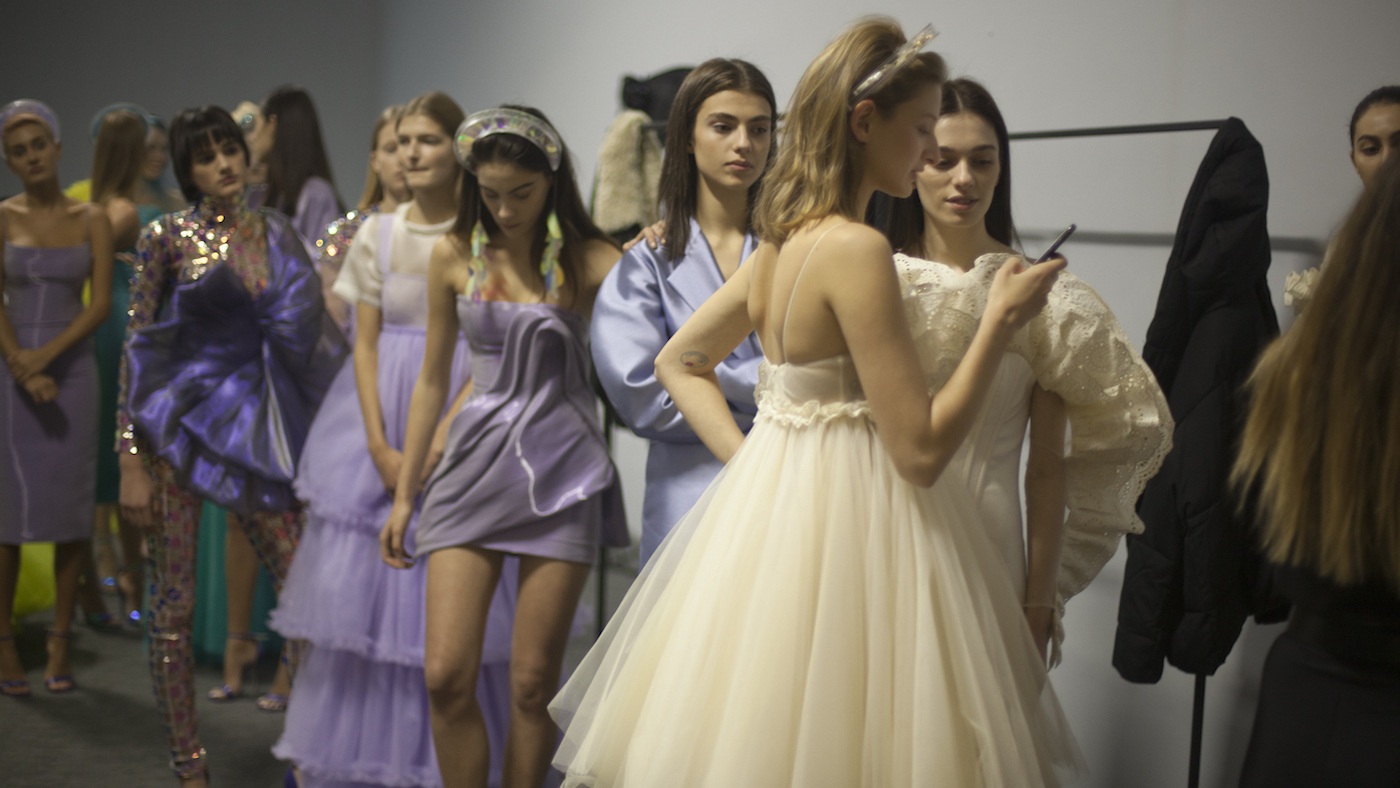
A free daily email with the biggest news stories of the day – and the best features from TheWeek.com
You are now subscribed
Your newsletter sign-up was successful
Geographically, Georgia is a stepping stone between Western Asia and Eastern Europe: a five-hour flight away from London, the former Soviet republic in the Caucasus region shares borders with Turkey and Armenia to the south, and Russia to the north.
The country's capital is Tbilisi, a picturesque city set against sloping mountain-ranges and by the Kura River, all overlooked by the towering 65 feet grey aluminium Kartlis Deda (Mother of Georgia) statue, which was erected in 1958 to celebrate the capital's 1500th anniversary. Elsewhere, there are more than 60 historic bathhouses offering cleansing treatments using steaming sulphur-rich waters, the 80-seat strong Gabriadze marionette theatre and the Great Synagogue, dated to the late 19th century.
Today, Tbilisi balances its storied past with rapid development, spearheaded by Georgia's fashion industry, which has garnered international attention following the success of home-grown talent including womenswear designers David Koma, Tata Naka and Demna Gvasalia, founder of brand Vetements and, since October 2015, the artistic director of Parisian maison Balenciaga. “His name helped a lot in drawing attention to Georgia,” says Sofia Tchkonia. The founder and creative director of Mercedes-Benz Fashion Week Tbilisi, Tchkonia has witnessed recent developments first hand. “The fashion industry [here] is growing; fashion designers are putting Georgia on the map.”
The Week
Escape your echo chamber. Get the facts behind the news, plus analysis from multiple perspectives.

Sign up for The Week's Free Newsletters
From our morning news briefing to a weekly Good News Newsletter, get the best of The Week delivered directly to your inbox.
From our morning news briefing to a weekly Good News Newsletter, get the best of The Week delivered directly to your inbox.
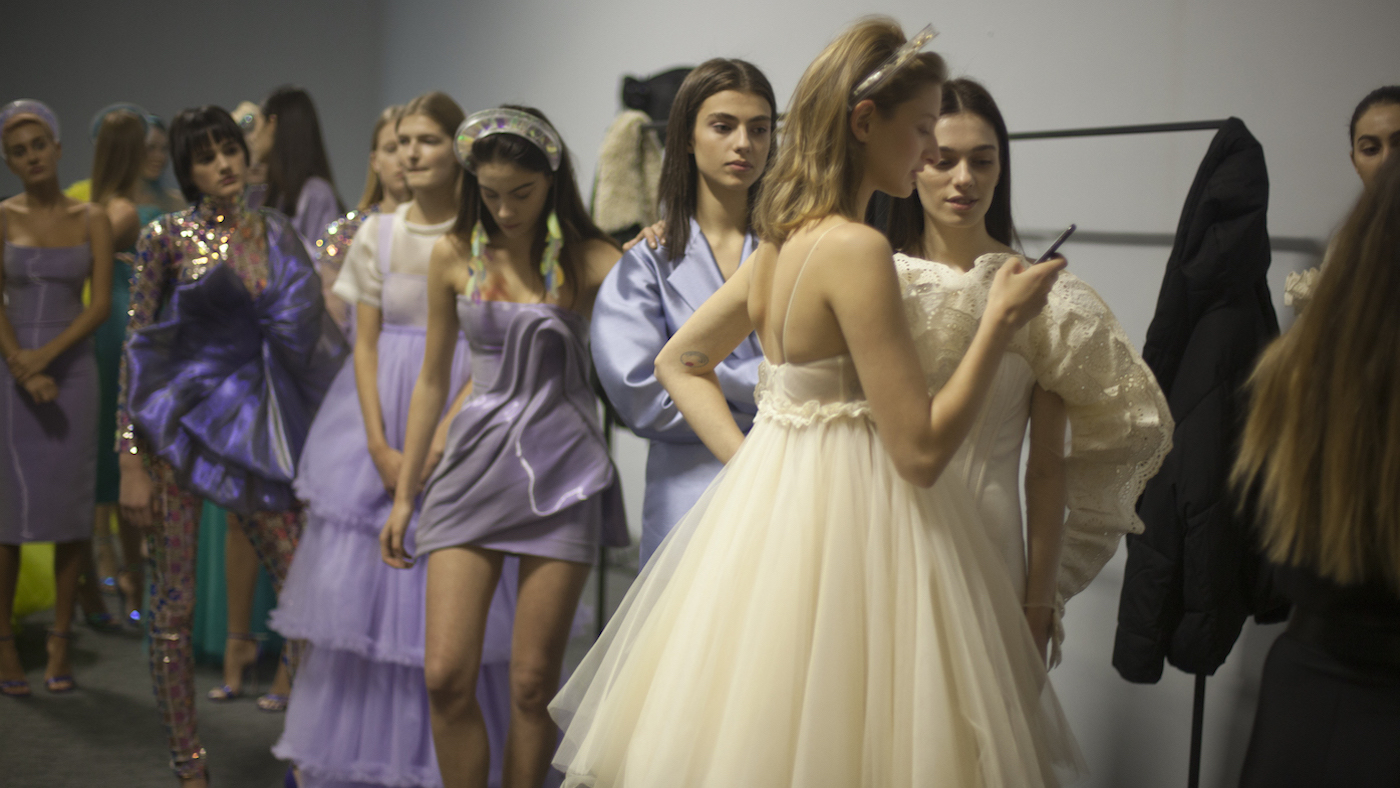
Most recently, the Spring / Summer 2019 edition of Mercedes-Benz Fashion Week Tbilisi saw 37 designers unveil collections in single-brand shows scheduled across five days, with most brands choosing the central Georgian Museum of Fine Arts for a venue.
“Mercedes-Benz Fashion Week Tbilisi first started in 2015 as the initiative of the founder Sofia Tchkonia who saw great potential in the local fashion design talents and wanted to create a platform that would generate global attention and create awareness for Georgian fashion design on an international level,” says Mercedes-Benz Senior Manager Sponsoring and Product Placement Bettina Haussmann.
“In order to create a credible platform with international relevance she teamed up with Mercedes-Benz, as the brand is the strongest partner in the fashion industry with 80 events per year globally and an influential network of experts.”
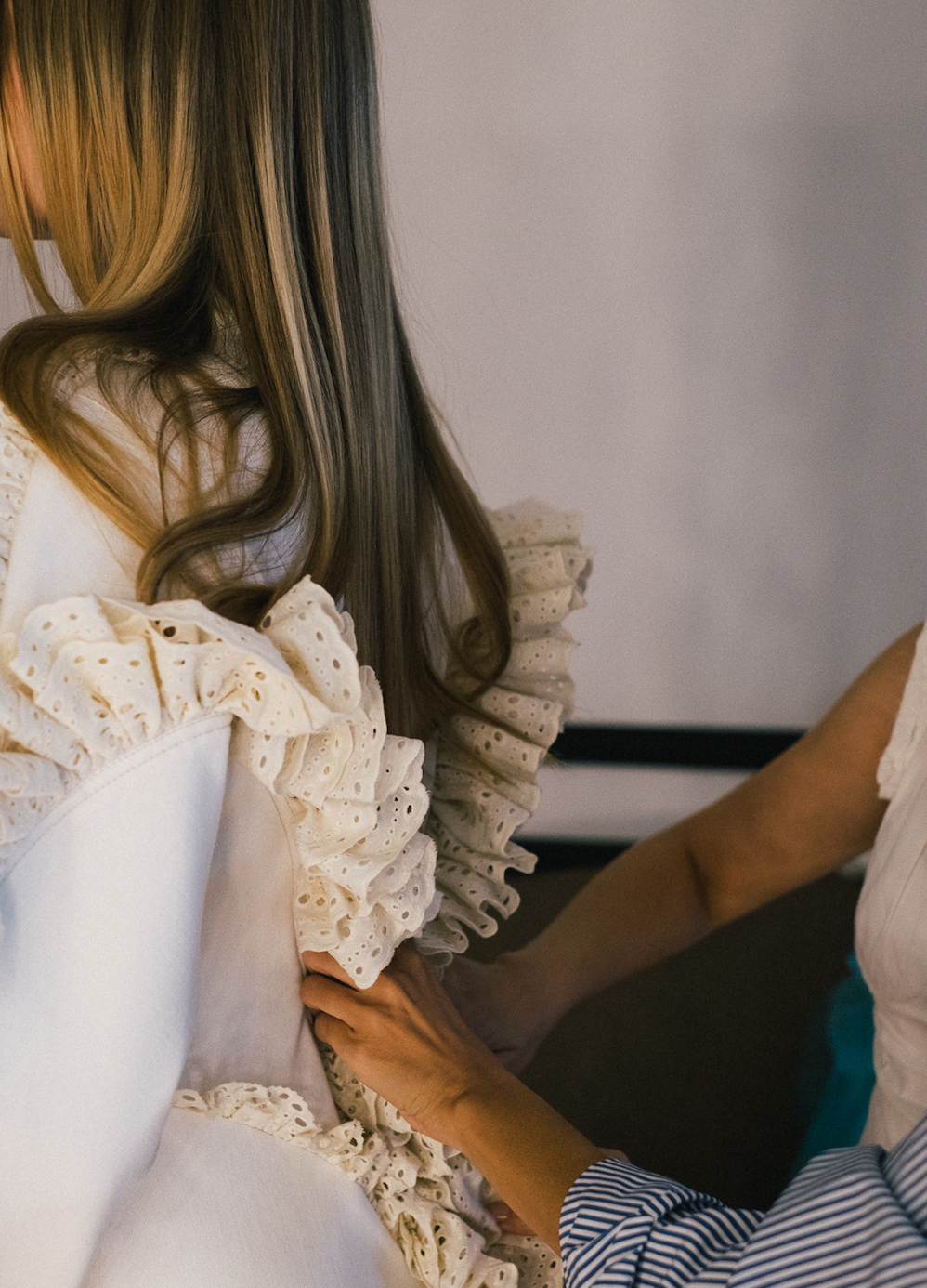
The German luxury automobile concern first embarked on projects within the fashion industry 23 years ago; today, Mercedes-Benz is actively involved with more than 60 fashion platforms, in destinations as far apart as Beijing, China and the German capital of Berlin. Partnerships include programs underwritten to support emerging talent, contests such as the annual Hyères International Festival of Fashion and Photography, and ambitious showcases from Moscow to Mercedes-Benz Fashion Week El Salvador in Central America, where catwalks vie for attention with views of the Pacific Ocean.
A free daily email with the biggest news stories of the day – and the best features from TheWeek.com
“In 2018, Mercedes-Benz has activated fashion initiatives across over 41 countries globally,” says Haussmann, describing a method that puts local needs first. “Mercedes-Benz headquarters in Germany provide general guidance on best practices based on their extensive experience. Their local market teams are free to use and implement those as best fits their target demographics and in ways that best support the local fashion landscape and its designers.”
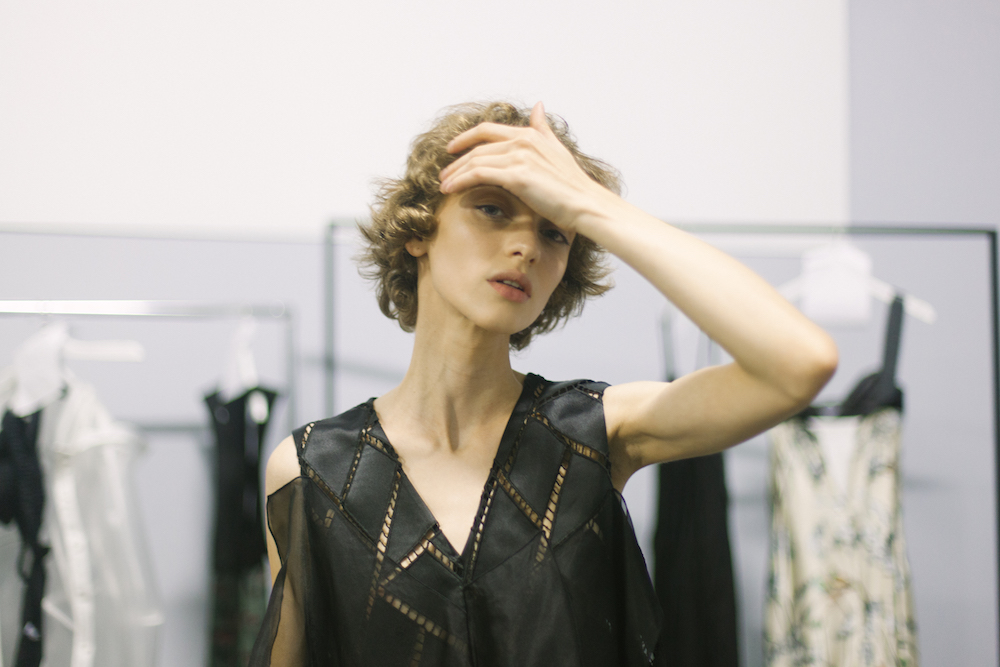
A school exchange of sorts, the 2009 instigated IDEP International Designer Exchange Program invites two designers to trade Mercedes-Benz fashion week places. This year, it was Turkish designer Sansim Adali presented the SS19 collection of her Istanbul-based brand Sudi Etuz at Mercedes-Benz Fashion Week Tbilisi. “There was a list of cities and Tbilisi caught my attention because the fashion week [here] does really well. I really wanted to be part of it,” the designer told us backstage in November. “The experience has really aided me a lot because I am [showing] outside of my country for the first time! It was a great experience working with a Georgian team, Georgian models.”
Born and raised in Adana, in Turkey's south, Adali graduated from the Istanbul campus of Canadian LaSalle College. Her detailed designs, most of which are finished made-to-measure, are in demand in Kuwait, Quatar and Dubai. Her SS19 collection was an ode to Turkey's capital, as hats followed the shape of traditional Fez and the shape of necklines mimicked the outline of the Bosporus, as seen on a map. “Now that I am out of Istanbul, I wanted to bring Istanbul here,” she says, while highlighting the two cities' close ties. “We don't even need passports to fly; we are neighbours, so close. My teacher at fashion school was Georgian.”
“It was very important for my brand to show in a new location, and to show the collection to a new audience, to get feedback,” says Ani Datukishvilli, the Georgian designer who exchanged runways with Sudi Etuz. “It was very exciting.” Working from her Tbilisi studio, Datukishvilli collaborated with Italian and French mills to produce a special silk georgette wool felt, all finished by hand. Garments and accessories are then finished locally. “We are making the shoes in Georgia, we have factories for them. Everything is made in Georgia, even the jewellery and sunglasses.”
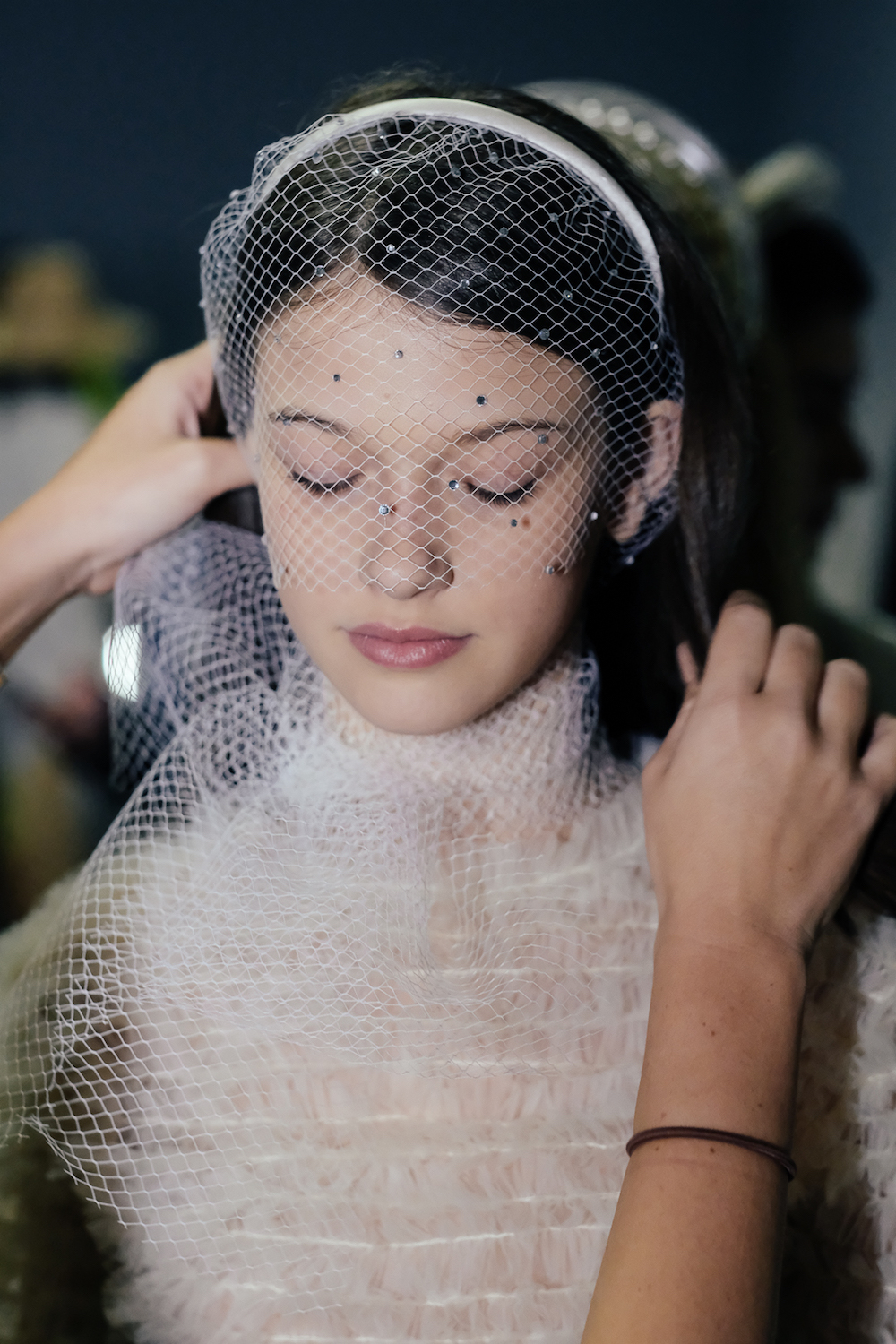
On the Mercedes-Benz Fashion Week Tbilisi schedule, highlights included George Keburia. A social media success story, the designer's structural designs and striking mini sunglasses have become an Instagram sensation, spotted on Lady Gaga, Bella Hadid and Rhianna, for who Keburia dreamt up a special all-golden pair of tiny spectacles. “Most stockists have reached out to us,” says Keburia. “The last year and a half has been crazy for us.”
Keburia is self-taught, as is Lalo Dolidze, the designer behind eponymous knitwear brand Lalo. A graduate in foreign languages specialising in European culture, Dolidze started knitting as a child. The craft was a hobby she could share with both her mother and grandmother. “I do what I like, and it's working,” says Dolidze. Her confidence is backed up by a growing list of stockists that include e-tailer Farfetch. Each one of her colourful cardigans, jumpers and woollen skirts are finished by hand, crafted by a network of 200 knitters. “That's why it takes about two, three weeks to make one piece. Everything is handmade.”
-
 ‘Restaurateurs have become millionaires’
‘Restaurateurs have become millionaires’Instant Opinion Opinion, comment and editorials of the day
-
 Earth is rapidly approaching a ‘hothouse’ trajectory of warming
Earth is rapidly approaching a ‘hothouse’ trajectory of warmingThe explainer It may become impossible to fix
-
 Health insurance: Premiums soar as ACA subsidies end
Health insurance: Premiums soar as ACA subsidies endFeature 1.4 million people have dropped coverage